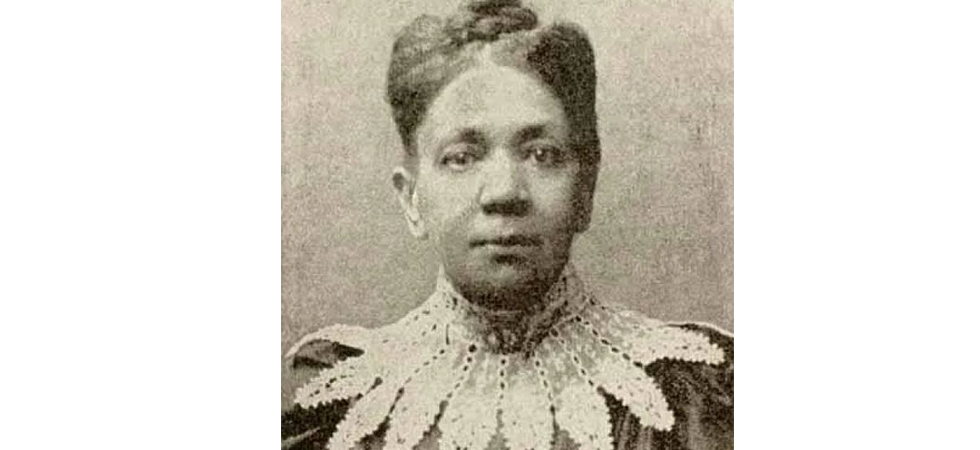Teaching While Black: From Enslaved to Educator

Fanny Jackson Coppin, Oberlin College’s second Black female graduate and its first Black instructor, was a lifelong educator and activist. John Frederick Bell, Ph.D., assistant professor of history, will deliver a virtual lecture on Coppin’s life and legacy entitled, “Teaching While Black: The Life and Lessons of Pioneering Educator Fanny Jackson Coppin,” on Tuesday, April 20 at 7 p.m., as part of the Shrewsbury Public Library’s Social Justice Talks series.
Prior to the Civil War era, no African American woman had earned a bachelor’s degree or had been appointed to teach a class of white students. Coppin managed to do both and much more. Though born into slavery, she went on to spend more than three decades as principal of Philadelphia’s Institute for Colored Youth (now Cheyney University). Prof. Bell will explore how Coppin’s life, filled with adversities and achievements, shaped her teaching philosophy. According to Prof. Bell, Coppin dismissed disparities in students’ means, backgrounds, and preparation and instead operated on the premise that every child had the ability to learn.
“Fanny Jackson Coppin’s story illustrates the value of same-race role models for students of color,” said Prof. Bell. “She thrived as an educator in part because her students knew that she shared their struggles. They respected her for overcoming enslavement, resisting discrimination, and earning a college degree at a time when almost no women did.”
Bell added that today, Black individuals—and people of color generally—remain underrepresented as teachers at all levels of the American education system. “Students of color now represent over half the American public school population, yet teachers of color account for only 17 percent of American public school faculty,” he explained. “We can speculate on the consequences of this gap for student learning and social development. What is clear, however, is that Fanny Jackson Coppin’s remarkable career points to the transformative possibilities that can arise when women of color command the classroom.”
Prof. Bell’s research examines the intersecting histories of race, education, and social reform in 19th century America. His forthcoming book, Degrees of Equality: Abolitionist Colleges and the Politics of Race, will be published by Louisiana State University Press next year.
The lecture is open to the public but registration is required. To register for the event, click here.
